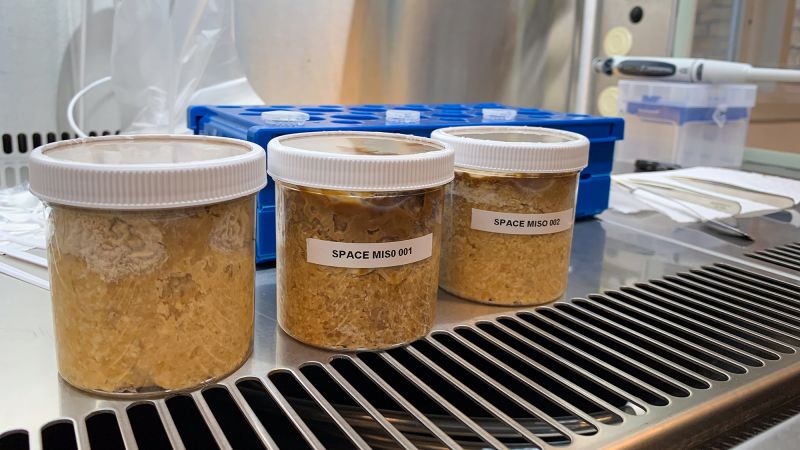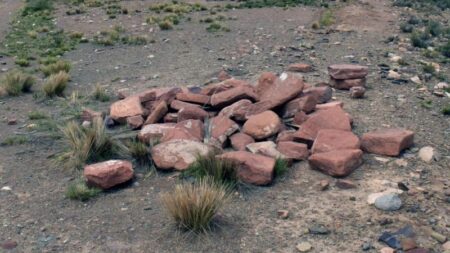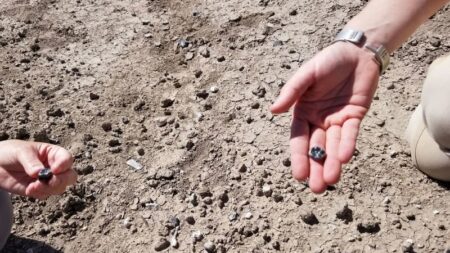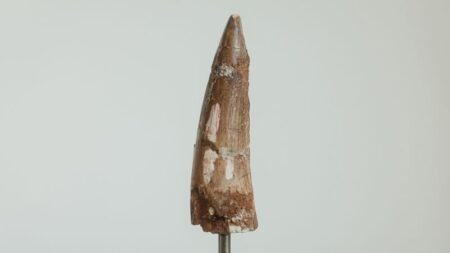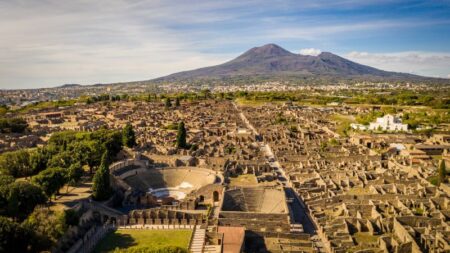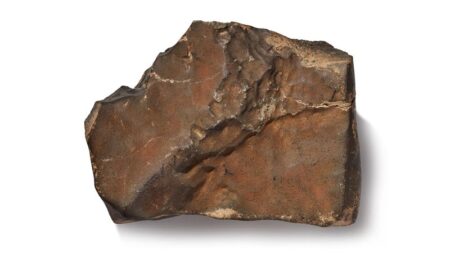In recent years, the exploration of space has opened up new realms of possibility not just for science and technology, but also for culinary innovations. One notable venture involves the beloved staple of Japanese cuisine: miso. This fermented soybean paste, a key ingredient in various soups and sauces, has found a new home on the International Space Station (ISS) thanks to the efforts of scientists from prestigious institutions such as the Massachusetts Institute of Technology (MIT) and the Technical University of Denmark. The experiment involved creating miso in microgravity, aiming not only to explore its unique flavor profile under these unusual conditions but also to glean insights into the potential for microbial life in outer space.
The investigation into “space miso” began with a small container filled with cooked soybean paste, which was sent to the ISS in March 2020. During its time in space, the paste fermented for a full 30 days before being returned to Earth for analysis. The anticipated results unveiled a miso that retained its characteristic umami flavor, yet showcased distinct variations compared to its Earth-bound counterpart. Researchers noted a stronger roasted and nutty flavor, possibly influenced by the unique environmental factors of microgravity and enhanced radiation present in space.
To substantiate their findings, the team, led by researchers Maggie Coblentz and Joshua Evans, also fermented two additional batches of miso on Earth for comparative study. One batch was prepared in Cambridge, Massachusetts, while the other was brewed in Copenhagen, Denmark. This side-by-side analysis aided scientists in understanding the nuances of fermentation under varying conditions. As Evans aptly noted, “We didn’t know what to expect — fermentation had never been done before in space,” highlighting the groundbreaking nature of their endeavor.
The experiment’s design incorporated sophisticated monitoring systems that tracked essential environmental parameters such as temperature, humidity, pressure, and radiation during the fermentation process. This data provides critical insights into how miso can evolve and how microbial activities adapt to the challenges of life beyond Earth. Evans emphasized that the study merges diverse fields, including microbiology, flavor chemistry, and sensory science, to open new avenues for exploring how life adapts in extraterrestrial settings.
The implications of producing food—such as miso—in space extend far beyond culinary interests. A successful fermentation process in microgravity could enhance the well-being of astronauts and create opportunities for diverse culinary expressions in future space missions. This research suggests that as space exploration moves forward, astronauts could enjoy a wider variety of foods, thus impacting their overall morale and health during long missions. According to Evans, exploring food options could also contribute to diversifying cultural representations in space exploration, a notion he passionately advocated.
Miso itself is not just a mere condiment; it is integral to Japanese dietary culture, crafted from key ingredients such as soybeans, koji mold, and salt. The fermentation process traditionally spans approximately six months, allowing flavors to mature and intensify. Rich in probiotics, miso offers health benefits by aiding digestion, making it an excellent choice for sustaining physical health in the challenging environment of space.
As exciting as the prospect of space miso is, further analyses are needed to investigate its nutritional content and bioactive compounds. This step is crucial for understanding how the space variant measures up in terms of health benefits compared to Earth-produced miso. Coblentz pointed out that the fermentation of miso on the ISS underscores the potential for microbial life to thrive in space conditions, making strides toward understanding extraterrestrial life forms.
In addition to miso, astronauts have also grown various crops in space, including different types of lettuce and radishes, and even celebrated the first chile pepper harvest with a taco party aboard the ISS. The culinary horizons keep expanding as one Japanese company, Asahi Shuzo, embarks on its own venture to create sake fermented in space. With plans to develop specialized space brewing equipment, the concept of culinary space exploration is rapidly evolving.
Overall, the experiment on miso marks a pioneering venture in food science within the context of space. It emphasizes the intersection of science, culture, and health, providing a glimpse into how space travel can transform not just how we grow food, but also how we experience and enjoy it in new environments. As mankind continues to reach for the stars, the prospect of culinary exploration might just be one of the most delightful outcomes of this journey.






